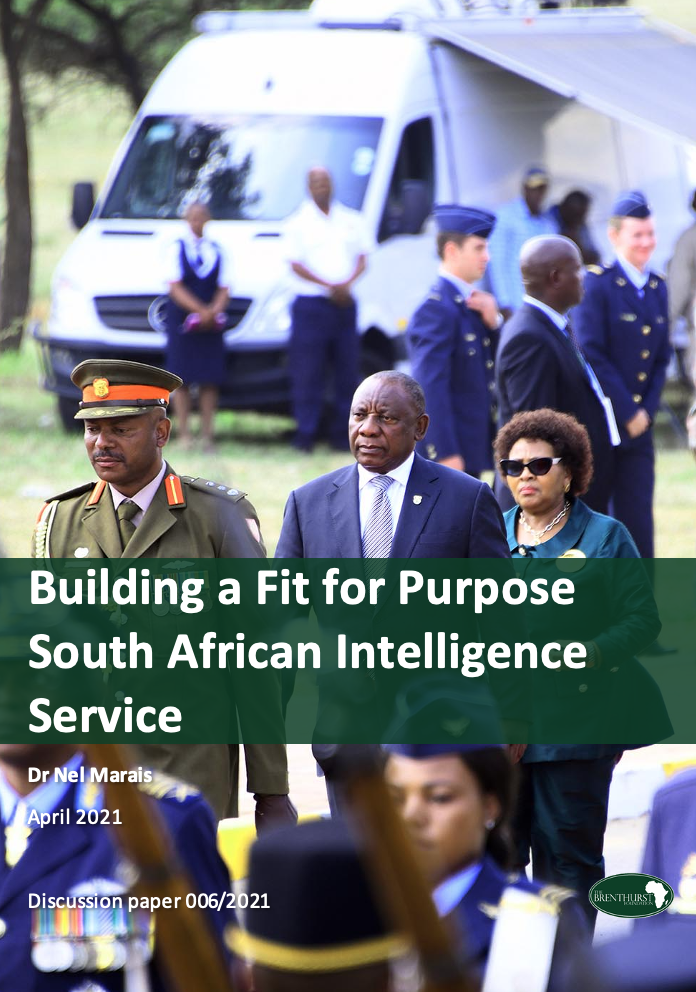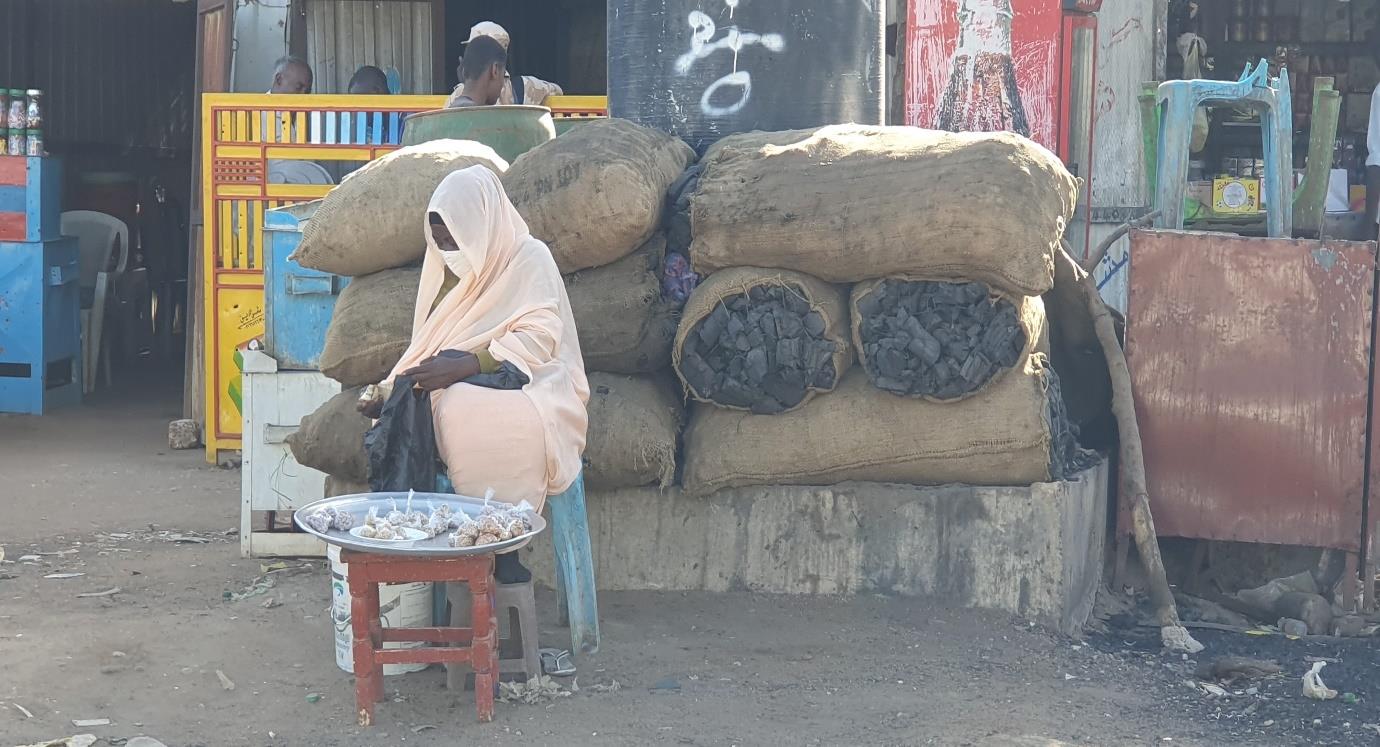Publications
Building a Fit for Purpose South African Intelligence Service
Political factionalism and governance dysfunctionality have seen intelligence flounder and fade in a democratic South Africa. However, even if intelligence is no silver bullet, it has a role to play in protecting South Africa's constitutional system, its external interests and national values. It could assume different forms, such as traditional reporting on domestic or foreign threats, but also warnings to government when it fails to meet legitimate expectations that could contribute to a climate conducive to protest and violence.
The reality is that recent years have seen a steady deepening of the relationship between politics and intelligence — one that has encroached upon the latter's essential independence. As a result, intelligence has done little to guide the state along a trajectory that seeks to avoid further corruption; dysfunctionality; and conflict. These ills will inevitably accumulate if the human security imperatives at the heart of the intelligence mandate are not addressed. Parallel needs to balance secrecy, democracy and politics, compound this very delicate equilibrium.
In this paper, we look at the requirements for a 'fit for purpose' intelligence capacity, placing the emphases on the 'what' (priorities), rather than the 'who' and even the 'how.' Our arguments for a 'lean and mean' service, maximising analytical skills rather than classic espionage, are based primarily on the inadequate resources available to the state, as well as on the nature of South Africa's domestic challenges and the country's limited international footprint.



